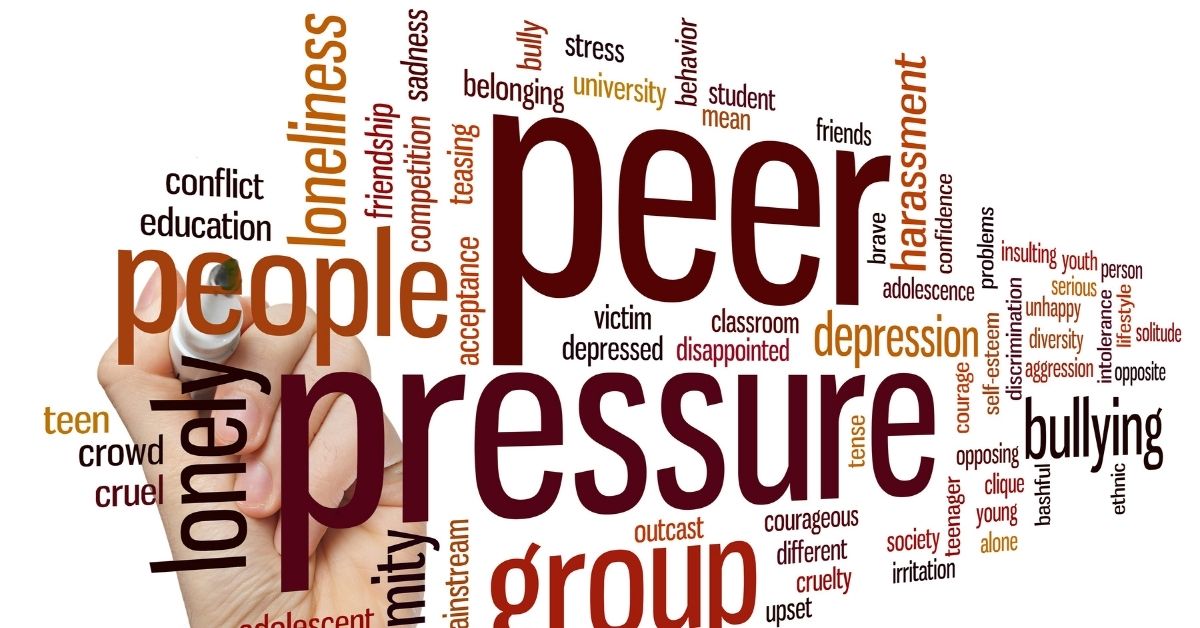Why Should I Talk to My Child About Sexual Health?
Talking to your child about sexual health is essential for several reasons.
- It provides them with accurate information. In the absence of reliable guidance, children often turn to peers or the internet, where misinformation is rampant. By engaging in these conversations, parents can ensure that their children receive correct and age-appropriate information.
- Discussing sexual health helps in establishing open lines of communication by fostering trust and making children feel comfortable approaching their parents. This can be particularly important if they encounter situations involving peer pressure or if they experience any form of sexual harassment or abuse.
- Educating children about sexual health empowers them with the knowledge to recognize and resist unwanted advances, understand the importance of consent, and make informed choices regarding their bodies.
When Should I Talk to My Child About Sexual Health?
The timing of these conversations should be guided by the child’s developmental stage rather than a specific age. Generally, discussions about sexual health should begin early, with information appropriate to the child’s level of understanding. For instance, around the ages of 3 to 5, parents can introduce basic concepts such as the names of body parts and the idea of privacy.
As children grow, the complexity of the information should increase. By the ages of 9 to 12, it is important to discuss puberty, bodily changes, and the basics of human reproduction. By adolescence, conversations should encompass topics such as consent, safe sex practices, relationships, and the emotional aspects of sexual health.
What Should I Tell My Child About Sexual Health?
The content of these discussions should evolve as your child matures.
- For younger children, focus on basic anatomy, the differences between male and female bodies, and the concept of private parts. Emphasise that their body belongs to them and that they have the right to say no to unwanted touch.
- For preteens, discussions should include the changes they can expect during puberty, such as menstruation, erections, and emotional fluctuations. It is crucial to normalise these changes and provide reassurance.
- With teenagers, the conversation should expand to include safe sex practices, contraception, sexually transmitted infections (STIs), and the importance of consent. Discuss the emotional aspects of relationships and the significance of mutual respect and communication.
I Have Problems Talking to My Child About Sexual Health. What Should I Do?
Here are some strategies to help ease the discomfort of discussing sexual health with their children:
- Educate Yourself: Familiarise yourself with accurate and age-appropriate information about sexual health. This can boost your confidence and prepare you for the conversation.
- Use Resources: Books, educational websites, and even healthcare providers can provide useful tools and guidance on how to approach the topic.
- Start Small: Begin with simple, straightforward discussions. As you become more comfortable, gradually introduce more complex topics.
- Create a Comfortable Environment: Choose a private and relaxed setting for these conversations. Make sure your child knows they can ask questions and express their feelings without judgement.
- Be Honest: It’s okay to acknowledge your discomfort. Being honest about your feelings can make your child understand that it’s normal to feel awkward discussing these topics.
Does Talking About Sex Make My Child More Likely to Engage in Earlier Sexual Activities?
It is a pervasive myth is that discussing sexual health with children will encourage them to engage in sexual activities at a younger age but:
- Informed Decisions: Studies indicate that children who receive comprehensive sexual education are more likely to make informed and responsible decisions regarding sexual activity.
- Delayed Activity: Comprehensive sex education can delay the onset of sexual activity because knowledge reduces curiosity and the need to explore risky behaviours.
- Reduced Risk: Open communication helps reduce the risks of STIs and unintended pregnancies. Educated teens are more likely to use contraception and practise safe sex.
- Healthy Relationships: Children who are educated about sexual health are better equipped to form healthy, respectful relationships and understand the importance of consent.
Remember, informed children with the knowledge and confidence to navigate their sexual development safely and responsibly are better equipped to make healthy decisions, understand the importance of consent and safe practices.








